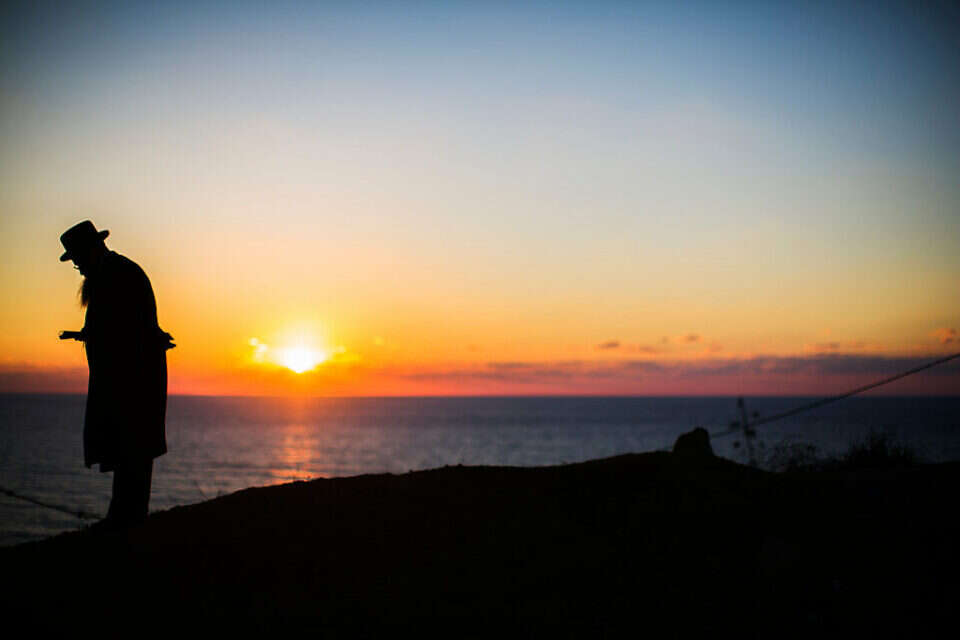Yosef Ozer's new book of songs includes songs of thought and observation, love songs, agricultural songs of the Jezreel Valley and Jerusalem songs, autobiographical songs, venomous-poetic songs and the highlight - a long song written as a kind of tribute to Ibn Gvirol's "Crown": sweeping and unique religious poetry In alphabetical order.
What almost all the varied poems in the book have in common is that they are expressive, full and dense, thought-provoking and written with a great deal of emotional and poetic intensity (even the soft valley songs), a power that can also be overwhelmed by its great power.
Indeed, an assistant, an award-winning poet, knows how to run when he wants to.
In the cycle of poems "From the Poems of Baghdad" he opposes the romanticization of Iraqi Jewry in the Diaspora, which he attributes to "male poets": "If Mother had not forgotten, she would still have remembered, /
Later, he did not know how to do it.
Ozer's parents, just like him, are the only ones going against the establishment, a minority that dares to make its voice heard.
In another powerful song, with the unequivocal title "Re-education", an assistant - who studied at the Or Simach yeshiva after the Yom Kippur War, intended for converts - looks at the severity and criticism of the yeshiva and the process he went through: "After that war I wanted to ... I have to do it. ] Hate the forests planted by the Zionist infidels, / the forests you go to for a picnic, / Tza'am trees.
Later in the poem, he also tells of the racism he experienced in the ultra -Orthodox world, both towards his oriental and not Jewish: "Two hundred and fifty thousand dead in the tsunami: / What do you care that Gentiles die in the tsunami?".
And he was a good time.
An assistant's sharpened pen does not break even when it comes to God in his own right.
As an assistant testifies at the beginning of the book about his existence in the religious world: "I have / Halachic silence is required // but / there is no / in me / quiet."
Indeed, in the same power, and so, the poet is so stated: Guzen, / Zonneshtin, [...] from Danek. // Private supervision, / Now really. "
Only yesterday a soldier / a Jew distributed to the Arabs.
// Perhaps so, gently, slowly, / the exchanges of citizens will take place.
And Sarah / our mother and Hagar their mother / will be blown away in their share, / and we will drink her voice and be clothed in their trousers. "
Yosef Ozer / Diversion to Edom, Kibbutz Hameuchad, 90 pages
Were we wrong?
Fixed!
If you found an error in the article, we'll be happy for you to share it with us

